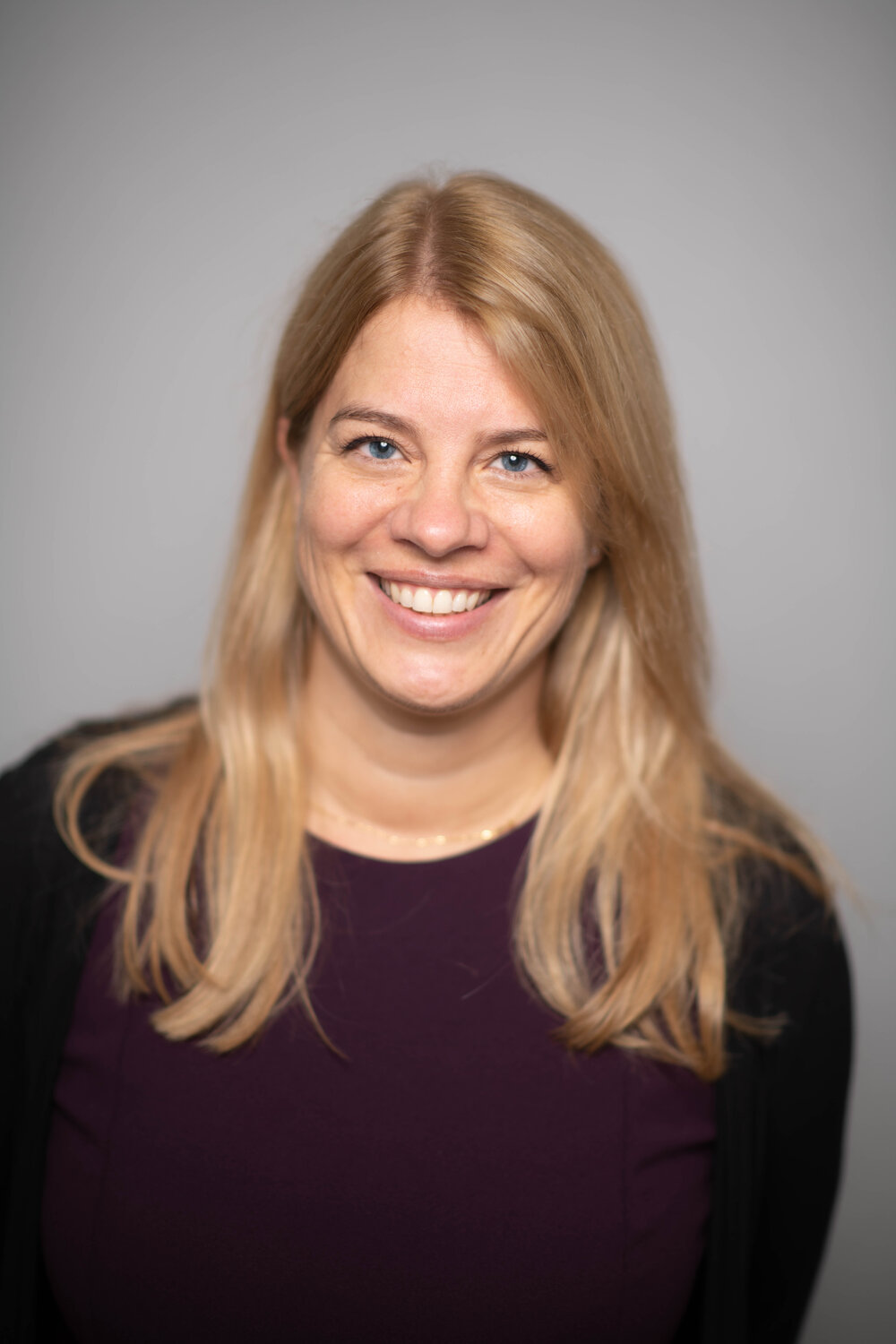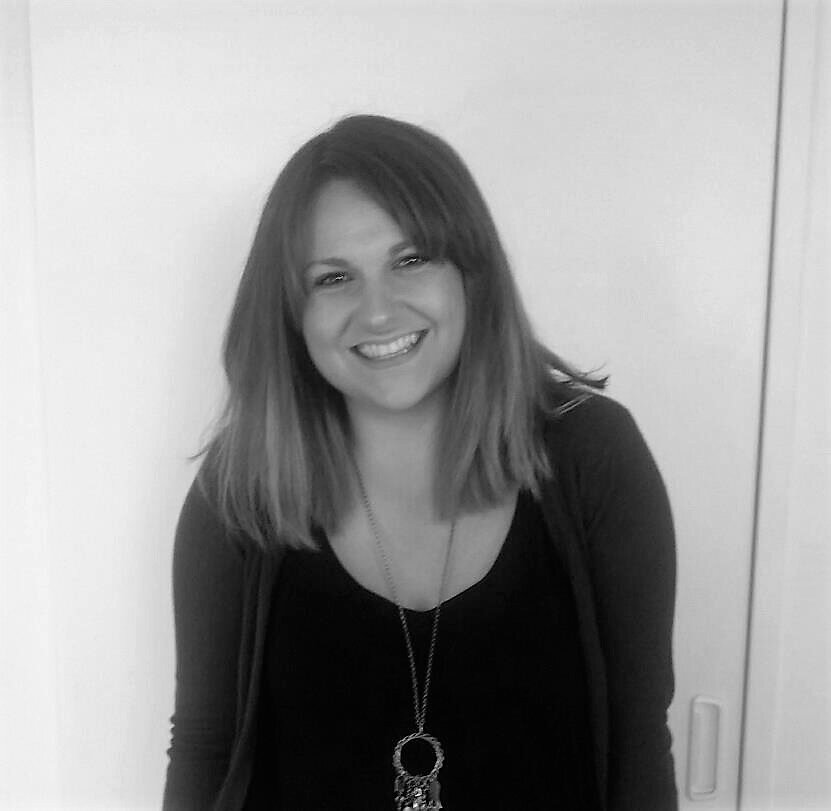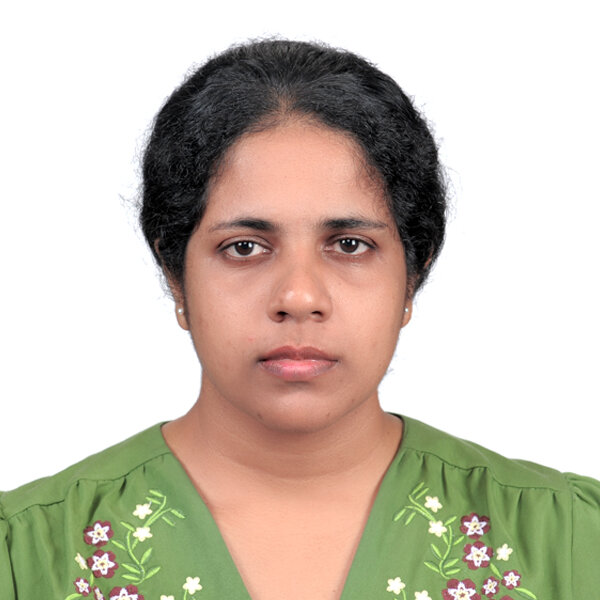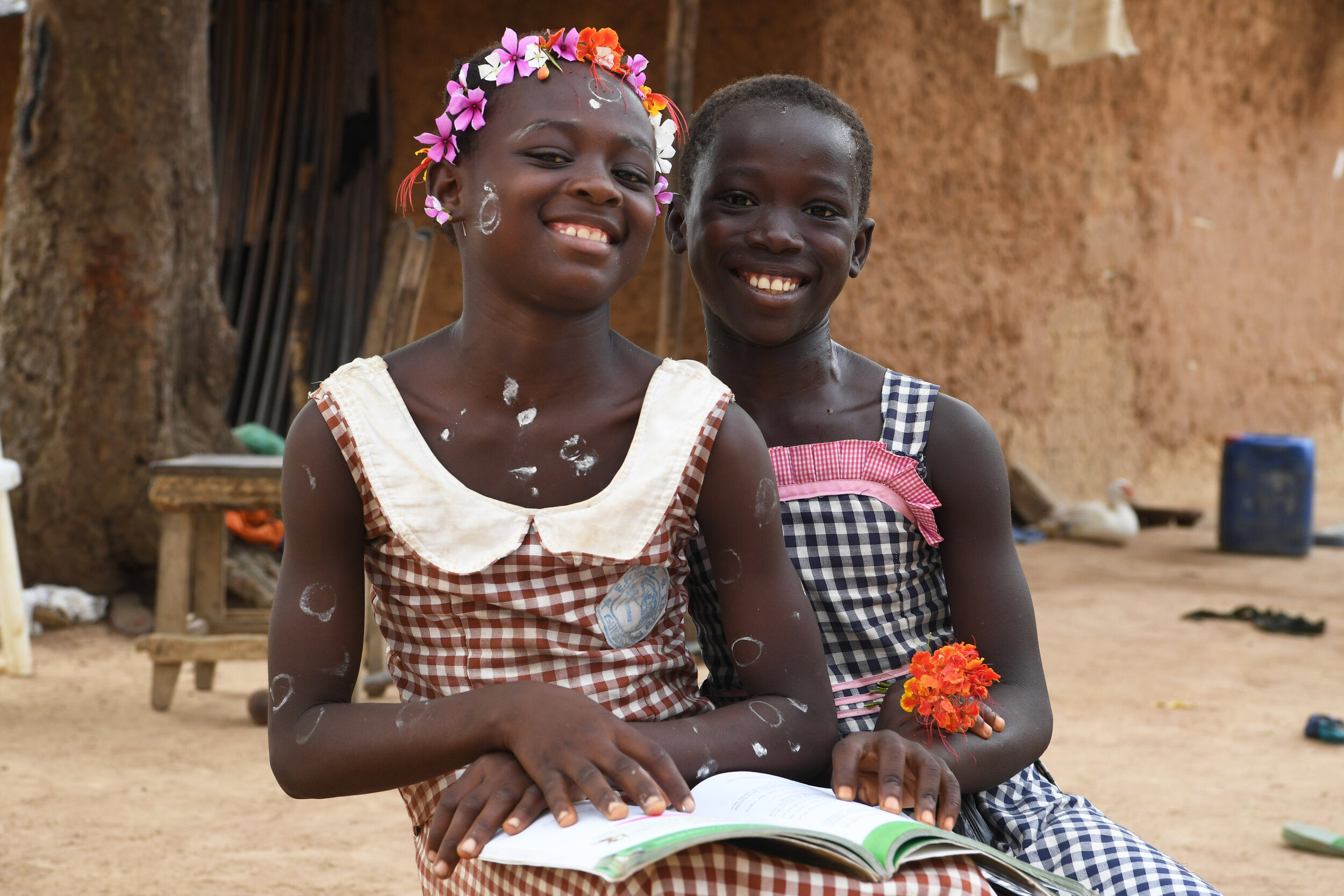
Alyson Moskowitz,
Alyson Moskowitz is an Education Specialist for the International Social Impact team at Sesame Workshop. She leads project management, program design, and the creation of multimedia teaching and learning materials for international projects focused on financial empowerment, water sanitation and hygiene, early learning, and mutual respect and understanding. Prior to joining Sesame Workshop, Alyson worked at Bridge International Academies, assisting with curriculum design, project management, and production for primary schools throughout East Africa. Alyson holds a BA in Peace and Justice Studies from Tufts University and is currently pursuing a Master of Public Administration at the London School of Economics and Political Science.

Gerda Binder,
Gerda Binder is the Unicef Senior Regional Adviser for Gender Equality with the East Asia Pacific Regional Office (EAPRO). Her work spans technical support and policy advice for gender integration across country programmes, and the implementation of UNICEF’s Gender Action Plan. Gerda co-leads the global Gender Innovation portfolio development and has been exploring how innovative solutions and technology can address gender inequalities and empower girls. She collaborates with teams and partners to address the gender digital divide and to advance girls’ digital and technology skills and participation. To break the taboo of menstruation and to empower girls to manage their periods with confidence and normalcy, Gerda leads Unicef’s GirlTech initiative ‘Oky’, a mobile phone period tracker app co-created with and for girls in LMICs. Based on extensive market research and user-centered design in two pilot markets, Indonesia and Mongolia, Gerda has coordinated the development of a mobile application that is built to girls’ needs and wants, and to their digital realities.
_pydqnnw2a7y7kd7zyi7akc.jpg)
Julie Hennegan,
MSc DPhil - Research Associate, Johns Hopkins University Bloomberg School of Public Health
Dr. Julie Hennegan is a Research Associate at Johns Hopkins Bloomberg School of Public Health. She undertakes mixed-methods research exploring the social determinants of women’s health, and the design and evaluation of complex social interventions. Dr. Hennegan leads multiple programs of menstrual health and hygiene research. Her present projects include the development of measures to capture core concepts in menstrual health across contexts, and a multi-phase study to understand the sanitation and menstrual experiences of adult women in workplaces in Uganda. She holds an MSc in Evidence Based Social Intervention, and DPhil (PhD) in Social Intervention from the University of Oxford.

Milena Bacalja Perianes,
Milena is a Gender Specialist with Criterion Institute where she works with investors, founders and businesses to increase investment and innovation in opportunities that improve gender equality outcomes. With a background in feminist research and menstrual health, her passion lies in bridging the gap between the public and private sector to address social problems.
Having started her career in international development she has field experience in Cambodia, India, Mongolia, Malawi, South Africa, Sri Lanka and Tanzania with expertise in menstrual health, SRHR, gender-lens investing, and WEE. Previously she worked for UNAIDS Cambodia and Mongolia, the International AIDS Society, and Simavi managing and implementing community-based SRHR programmes, and advocacy initiatives. As Co-Founder and Chief Research and Innovation Officer of the Menstrual Health Hub, former Co-Founder of Amble and Female Health Advisor for Pexxi, Milena has a particular interest in women-centered solutions and businesses. She has a BA in International Politics and History from Monash University (Aus), Masters in International Development from RMIT (Aus), and an MPhil in Multidisciplinary Gender Studies from the University of Cambridge (UK).

Nilusha Patabendi,
Currently Nilusha Patabendi works as the WASH Specialist in UNICEF Sri Lanka since 2019. She possesses more than 13 years of active engagement in the WASH (Water, Sanitation and Hygiene) sector. Nilusha has been engaged in promoting Menstrual Hygiene Management in schools as a part of the school WASH programme. Further she has engaged in implementing MHM prgrammes in rural schools and conducting relevant studies, researches and evaluation. She is an active member of the national coordination committee for WASH and other national and international forums. She has completed Bsc degree in Biological Science, Post Graduate Diploma in Environments Science and MA in Development Studies and Public Policy. Further Nilusha continue her Mphill/Phd in Development Studies and Public Policy. She has published number of journal paper articles, research papers and publication on Water, Sanitation and Hygiene. Her main research interests are WASH, rural development, social exclusion and gender.
Nilusha will co-present with Mr. Sunil Shanthasiri
Mr. Sunil Shanthasiri
Currently Sunil Shanthasiri works as the Chief Sociologist in National Water Supply and Drainage Board, Under the Ministry of Urban Development, Water Supply and Housing Facilities since 1992. He possess more than 30 years of active engagement in the WASH (Water, Sanitation and Hygiene) sector. Currently under the water Supply and Sanitation Improvement project Shanthsiri has been engaged in introducing MHM facilities in schools and public convenient centers and engaged in promoting Menstrual Hygiene Management in schools as a part of the school WASH programme. Further he has engaged implementing MHM programme in rural schools and conducting hygiene awareness and MHM trainings under the water Supply and Sanitation Improvement project. He has completed BA Specialized in Sociology, MA in Sociology, MSc in IWRM and Post Graduate Diploma in Community Development. He has published number of journal paper articles, research papers and publication on Water, Sanitation and Hygiene. His main research interests are Water Supply and Sanitation.
Photograph credits: © UNICEF/UNI280290// Frank Dejongh
